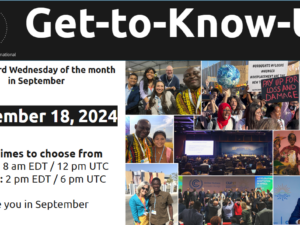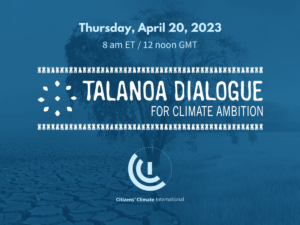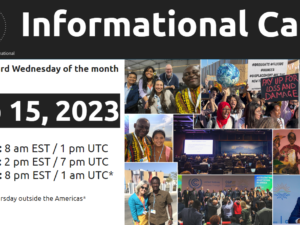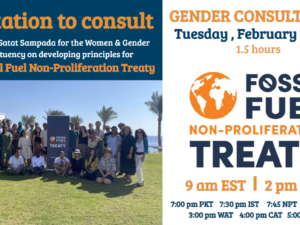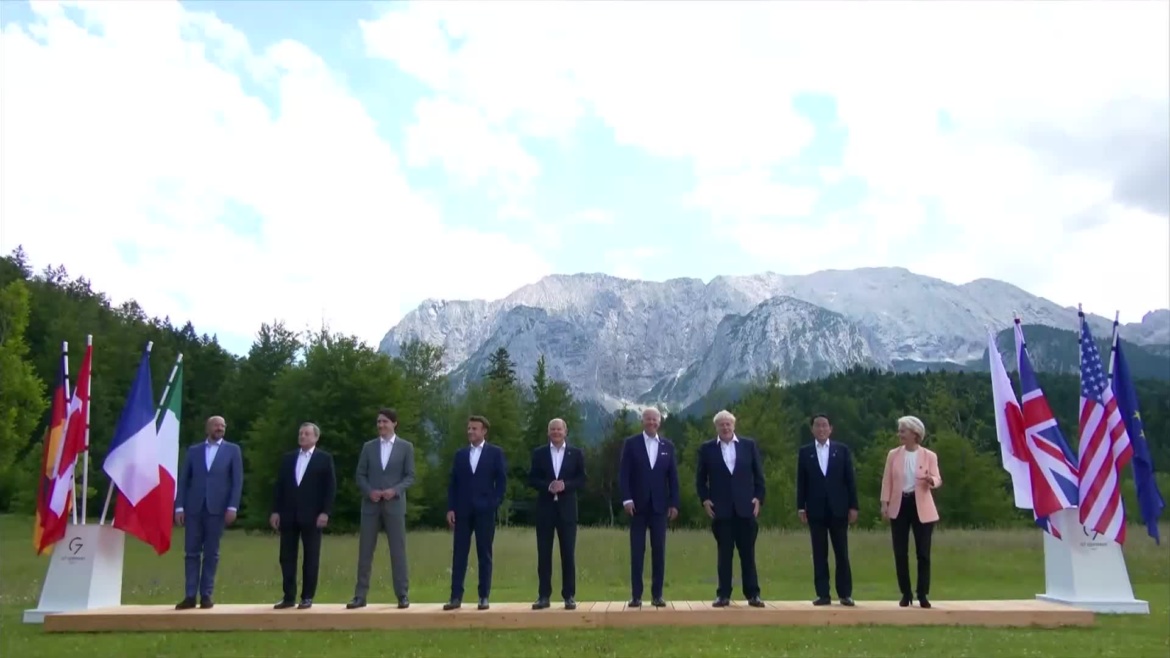
Powerful Carbon Pricing Demands from Civil Society to the G7 and G20
The Group of Seven (G7) Summit will take place from June 26 to June 28 in Germany. Leaders of Canada, France, Germany, Italy, Japan, the United Kingdom, the United States of America, and the European Union will meet to discuss sustainability, economic stability, and a better collective future. The G20 heads of state will meet in Indonesia in October, just before COP 27 in Egypt.
Civil society networks advising the G7 are the B7 (Business 7), Y7 (Youth), S7 (Science), T7 (Think Tank), W7 (Women), andC7 (an umbrella group for many civil society networks). The C20 is the global civil society network advising the G20.
In 2018, during the G7 meetings in Canada, Citizens’ Climate International was directly involved in the C7 and C20 networks. In 2021 and 2022, we were directly involved in the C7 and W7 networks and have been monitoring development in the Y7, T7 and C20 in 2022.
Historically, the primary climate demand of the C7, Y7, W7 and C20 have been to remove fossil fuel subsidies. This is something the G20 leaders promised at the G20 in 2009.
Research reported in a November 2021 article in Nature found that it will be possible to reach a 2C target while also increasing wellbeing, reducing inequality, and alleviating poverty globally if countries enacted a carbon fee with an equal per capita dividend policy.
Currently, the World Bank’s Carbon Pricing Dashboard is reporting that 46 National governments price pollution and 23 percent of GHG emissions are covered by carbon pricing. Botswana was the latest country to join the countries that have put a price on fossil fuel pollution.
These facts are no longer lost on the diverse civil society groups advising the G7 and G20. They are now working towards making sure that carbon pricing policies rapidly reduce greenhouse gas pollution while being socially just. Here are the following asks:
- Business 7 (B7): Openly applauded the G7’s work on climate clubs and carbon pricing.
https://www.g7germany.de/g7-en/news/g7-articles/b7-recommendations-2054510
- Youth 7 (Y7): Their number one demand was carbon pricing. It was their 1st time demanding carbon pricing.
https://ijab.de/fileadmin/redaktion/PDFs/Y7/Youth7_Communique_2022_-_final.pdf - Women 7 (W7): included carbon pricing in their key demands for this first time.
https://women7.org/wp-content/uploads/2022/05/W7-ImplementationPlan_pre-layout.pdf - Civil Society 7 (C7): Asked the G7 to “redirect financial flows away from fossil fuels and towards a resilient and equitable future”. Redirecting financial flows is an umbrella phrase for carbon pricing, border carbon adjustments, subsidy reform, tax reform, financial regulations and special drawing rights. https://civil7.org/wp-content/uploads/2022/05/Civil7-Communique-2022-1.pdf
- The Science 7 statement (S7): “Reinforce decarbonisation efforts by establishing a global CO2 pricing mechanism, complemented by more direct and fast-acting measures.” https://www.leopoldina.org/fileadmin/redaktion/Publikationen/G7-Statements/Stellungnahme_Decarbonisation_G7_2022_final_web.pdf
- The Think Tank 7 (T7) statement: “Create (open and inclusive) climate clubs with a G7 core in close partnership with the EU members and other countries willing to join to lower greenhouse gas emissions by 60% by 2030 compared with 2010 levels, including by […] e) a joint approach to carbon pricing with a common price floor and a differentiated and fair carbon border adjustment mechanism to avoid carbon leakage;”
https://www.think7.org/wp-content/uploads/2022/05/20220520_T7_Communique.pdf - C20 included carbon pricing in its key climate demands
https://civil-20.org/index.php/environment-climate-justice-energy-transition/
This is really good news. We are in a climate emergency and there is no time to lose. The Civil Society networks have collectively realized that redirecting financial flows, a.k.a following the money, is the most powerful tool to reduce greenhouse gas pollution. If redirecting financial flows is done well, the G7 leaders will leave a resilient and equitable world for those who come after us. History has its eyes on the G7 leaders.


